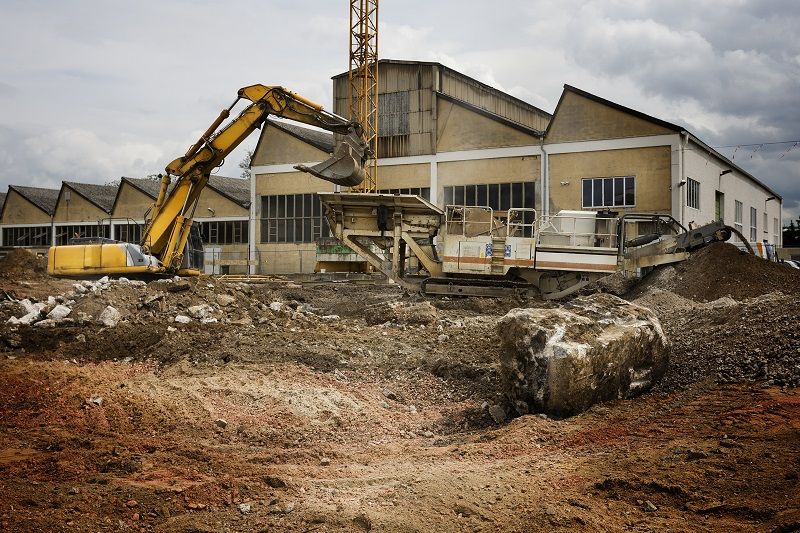

Recently the Westside Economic Alliance and others sponsored an economic “summit” to examine the economy of the Portland metro region. The centerpiece was a presentation by economist Joe Cortright.
Cortright’s extensive research showed that Washington County is the economic driving force in the region. Not surprisingly, high technology leads the way. That sector has over 60,000 jobs and is growing at a rate of 8.2 percent per year. The average pay is $77,486.
Unfortunately, the Oregon land-use system is not accommodating this growth. The regional government, Metro, has already announced that the urban growth boundary will not be expanded in Washington County this year despite a desperate need for both industrial and residential land. Instead, Metro is likely to expand the boundary in the Damascus area, which has few jobs but lower-quality soil.
The Oregon system is still premised on the 1970s economy when timber and agriculture were dominant, but both sectors have diminished significantly since then. In Washington County agriculture and food products account for only 3,800 jobs, with an average pay of $26,356. This sector is only growing at the rate of 0.4 percent per year. The wood products industry accounts for 2,984 jobs on the Westside, and is actually shrinking at the rate of -1.7 percent per year. The average pay for these jobs is $35,785.
Mandating farmland protection where it’s not needed simply drives up the cost of housing, increases traffic congestion, and discourages employers from locating or expanding in Washington County. It’s time for state legislators to admit our land use system is hurting our economy.
For more on this topic see: Beyond Zoning: Land Use Controls in the Digital Economy.
© 2006, Cascade Policy Institute. All rights reserved. Permission to reprint in whole or in part is hereby granted, provided the author and Cascade Policy Institute are cited. Contact Cascade at (503) 242-0900 to arrange print or broadcast interviews on this topic. For more topics visit the QuickPoint! archive.











